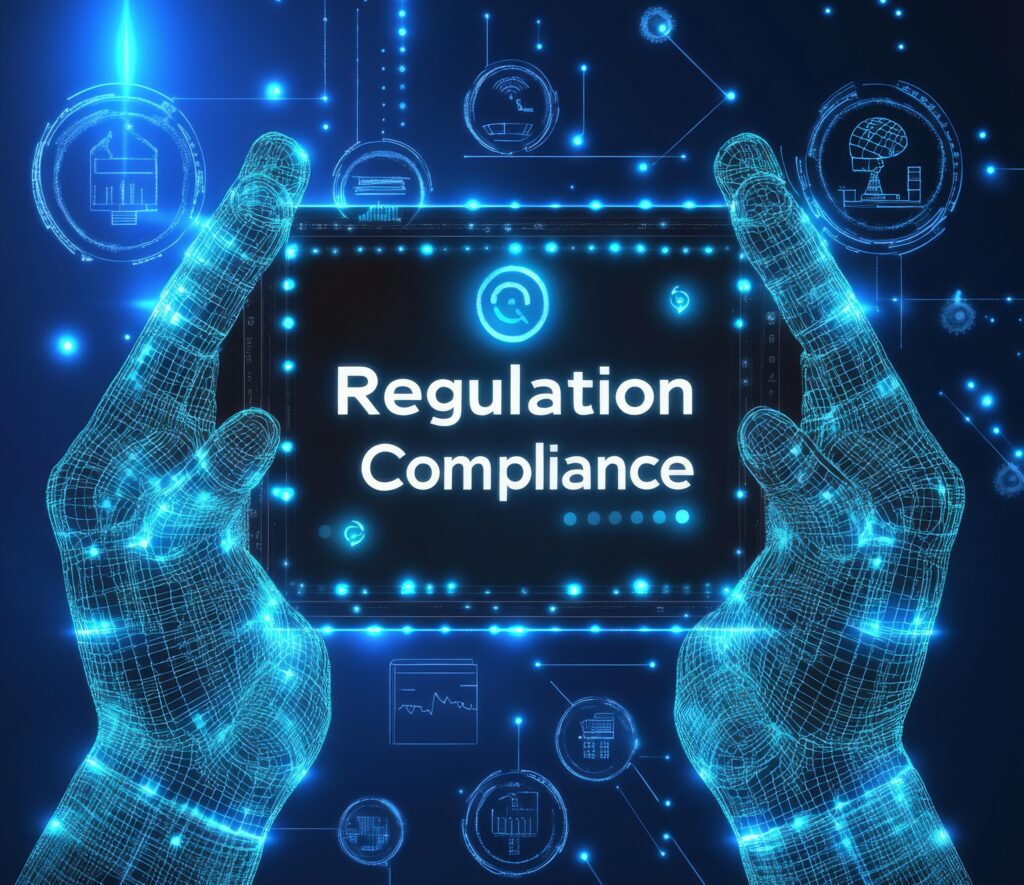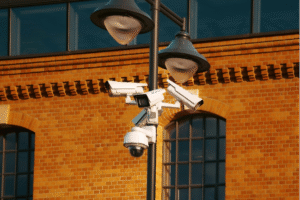Getting your Texas License for Security can be a smooth process; however, certain common mistakes can result in fines or even the loss of your license. To protect your career and clients, it’s important for security professionals to understand these potential pitfalls. At License for Security, we specialize in guiding you through the process of obtaining a Texas Security Contractor Company License Class B, ensuring your company complies with all state legal requirements. To maintain your Texas Security Contractor Company License Class B, here are some common missteps to avoid.
- Failing to Renew Your License on Time
Many companies become so busy managing their business that they overlook renewing their insurance and/or company license. Operating without a valid, current license can lead to fines or even the revocation of your company or individual installer licenses.
How to avoid it: License for Security manages license, insurance, and technician renewals to ensure compliance. - Not Completing Continuing Education Requirements
Every licensed company is required to have owners and technicians complete a specific number of continuing education courses, either in a classroom setting or online. State audits require course completion records to avoid fines.
How to avoid it: License for Security manages license, insurance, and technician renewals to ensure compliance. - Operating in the Wrong License Category
Security professionals in Texas must possess the correct type of license for the services they provide. For example, an individual licensed for personal bodyguard work cannot legally offer alarm monitoring services. Operating outside the scope of your license is a serious violation, which can result in penalties or the suspension of your license.
How to avoid it: Familiarize yourself with the various security license categories in Texas and ensure you’re only offering services permitted by your specific license. If you wish to expand your services, License for Security can assist you in applying for the appropriate additional licenses. - Not Reporting Changes to Your License
Regulators expect security professionals in Texas to report any changes in their job status or business matters. Failure to update your details when changing jobs, starting your own security company, or relocating could lead to consequences.
How to avoid it: Always inform the Texas Department of Public Safety of any changes in your professional situation. Keeping your license status updated will help you avoid fines or suspension. License for Security makes this process easy, ensuring you stay compliant with state laws. - Ignoring State Compliance Audits
The Texas Department of Public Safety may occasionally conduct compliance audits for security firms and professionals. These audits ensure compliance with state regulations. Ignoring audit requests or failing to provide accurate details can result in serious repercussions.
How to avoid it: Keep thorough documentation related to your licensing, training, and business operations to be ready for an audit at any time. License for Security is here to help you prepare and stay compliant with holistic audit support.
Final Thoughts
Navigating Texas security license requirements can be overwhelming, but by avoiding these common mistakes, you can stay compliant and avoid costly fines. At License for Security, we specialize in helping security professionals efficiently obtain and maintain their licenses. Stay proactive, stay informed, and let us support you in securing your future. For more information about our services, visit License for Security today!





